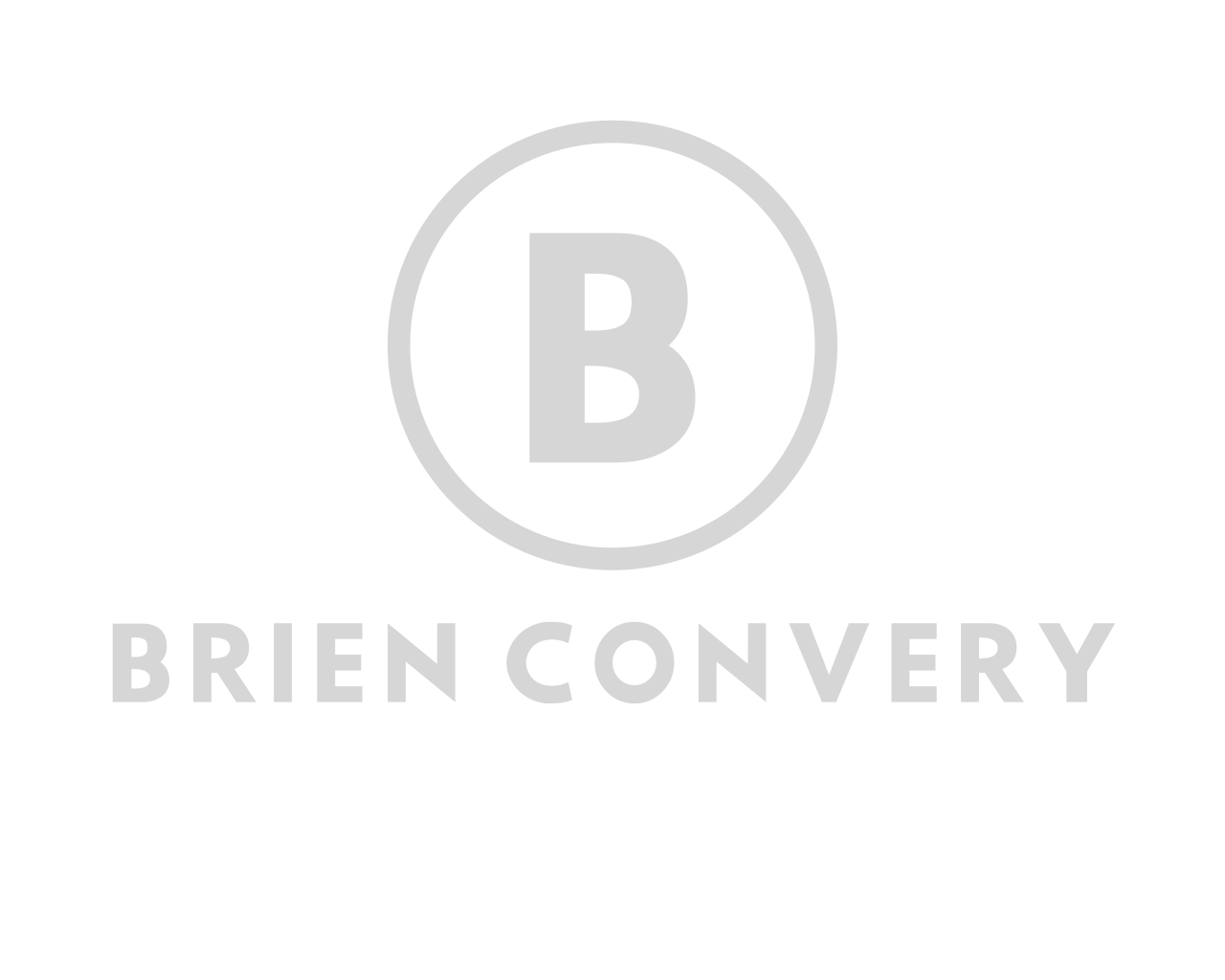Rethinking Resumes
Rethinking Resumes: Emphasize Skills, Actions, and Real-World Impact Over Just Credentials
In today’s evolving job market, recruiters and employers are increasingly valuing skills, both human and technical, over the traditional credentials of a college degree. This shift towards skills-based hiring is a tremendous opportunity for job seekers, especially those early in their careers, to rethink how they present themselves on resumes and cover letters. Rather than relying solely on academic credentials, candidates are encouraged to showcase the full spectrum of their abilities, experiences, and lived insights that can be brought to the table.
Here’s how to pivot your approach with an example for each approach:
Highlight All Skills (Human and Technical): Recruiters today look beyond technical abilities to also prioritize “soft” or human skills like communication, adaptability, and teamwork. When listing your skills on your resume, be sure to balance both technical expertise (like coding, data analysis, or project management) with human skills (such as leadership, empathy, and creativity). Employers seek well-rounded candidates who can bring a blend of these abilities to their teams.
Example: Instead of listing "Project Management" alone, try "Project Management – Coordinated a team of five on a complex marketing campaign, fostering open communication and teamwork to complete the project 10% ahead of schedule."
Showcase Real-World Experiences and Values: Real-life experiences—whether internships, volunteer work, freelance projects, or community involvement—offer concrete examples of how you apply skills and problem-solving abilities. Highlight these experiences on your resume and use cover letters to share how these situations helped shape your perspective, work ethic, and unique value proposition. This communicates that you bring practical knowledge, not just theoretical learning.
Example: "Volunteer Coordinator – Organized a community clean-up event for 100+ participants, developing problem-solving skills and a strong work ethic while managing logistics, communications, and volunteer engagement."
Create a Narrative for Your Resume and Cover Letter: Think of your application as a story. Your resume should lead employers through your journey, showcasing growth, resilience, and your drive to learn. In your cover letter, explain how your skills and experiences align with the company's goals, culture, and mission. By doing this, you make a strong case that your practical expertise and adaptability are assets for future growth, not merely checkboxes in a list of qualifications.
Example: In your cover letter, write, “My experience leading a student organization taught me the importance of resilience and adaptability—skills I bring to your team to help drive impactful, community-focused projects.”
Emphasize Continuous Learning and Adaptability: In a skills-first hiring landscape, your willingness to learn and grow is often as valuable as what you already know. If you’ve completed any certifications, online courses, or self-driven projects, include them on your resume. Mentioning your commitment to lifelong learning helps signal to employers that you are ready to evolve with their needs.
Example: "Completed Google Data Analytics Certificate – Applied data-driven insights during my internship to optimize inventory management, contributing to a 15% reduction in overhead costs."
Leverage the Power of Your Unique Background and Experiences: Skills-based hiring opens up opportunities to candidates from all backgrounds, so lean into what makes you unique. Whether you come from a non-traditional field, have lived experiences that influence your approach, or bring diverse perspectives, make sure to highlight these attributes. Diverse experiences and perspectives are often invaluable to companies that want fresh, innovative approaches.
Example: "First-Generation College Graduate – Leveraged my background to connect with diverse student populations as a peer mentor, offering guidance and support to help others navigate academic challenges and career pathways."
Why It Matters: The Transition to Skills-Based Hiring
This movement towards prioritizing skills over traditional credentials is not about downplaying the importance of education. Instead, it’s about helping candidates bring the entirety of their experiences—academic, professional, and personal—into focus for employers. As companies realize the limitations of a degree as the sole indicator of a candidate’s ability, they’re embracing more comprehensive approaches that recognize diverse talents and backgrounds.
Early career job seekers should seize this opportunity to craft applications that not only showcase their qualifications but also tell the story of who they are and what they can contribute. This narrative, backed by a range of skills and meaningful experiences, is what will resonate with today’s forward-thinking recruiters and hiring managers.

